East Asian Studies: Western Languages
Columbia University Libraries has collected literature on East Asia for a long time. Once an East Asian library—now C.V. Starr East Asian Library —was created, most such resources started to be added to that collection, although other libraries, such as the Burke Library at Union Theological Seminary, Butler Library, and the Rare Book & Manuscript Library (RBML) continue to own, and on occasion, purchase literature on East Asia. Given the limited number of publications on East Asia in the early days, any resource remotely related to the East Asian area—and frequently those related to other parts of Asia or "the Orient" in general—was added as well. As the field of East Asian studies grew, particularly from the later decades of the 20th century onward, the publication output grew in conjunction, and with it, the need to become more selective in collecting such publications.
The Western-language collection on East Asia serves to complement the East Asian Library's collections in the East Asian original languages and provides access to Western-language scholarship on East Asia. Curricular support and support for research by the Columbia community comprise the main foci of the collection. Traditionally the emphasis of the collection has been on scholarship in history and the humanities, in particular history, religion, philosophy, and literature. More recently, as scholarship has expanded and become more interdisciplinary, the collection focus has grown to include subjects such as women’s studies and film studies, as well as selective social sciences. Some subjects are not collected in Western languages by the East Asian Library, but are collected by other libraries, including art and architecture, collected by Avery Architectural & Fine Arts Library; Asian-American studies, collected by Butler Library; business and economics, collected by the Thomas J. Watson Library of Business & Economics; international relations (other than between East Asian countries), collected by Lehman Social Sciences Library; Christian religion, collected by the Burke Library at Union Theological Seminary; and education and law are collected by Gottesman Libraries a Teachers College and the Arthur W. Diamond Law Library respectively. While the majority of acquisitions are still in traditional print formats, resources in all formats are acquired. Special requests and collection suggestions from students, faculty, and researchers are welcome and encouraged.
a. Undergraduate
The East Asian studies collection in Western languages supports all undergraduates with an interest in East Asian subject matter, but primarily those enrolled in Columbia College (CC), General Studies (GS), and Barnard College (BC), and particularly those enrolled in courses in the Department of East Asian Languages & Cultures (EALAC), both through the circulating and course reserves collections.
b. Graduate and Professional Schools
The East Asian Library’s primary constituents at the graduate student, faculty, and scholar level are associated with EALAC and the Weatherhead East Asian Institute (WEAI). EALAC’s program represents graduate students, faculty, and scholars both from within the department proper as well as other departments, including art, history, and religion, whereas the WEAI focuses primarily on such social sciences as anthropology, economics, law, political science, and sociology. However, graduate students, faculty, and scholars from around campus, most of whom are not familiar with the original East Asian languages, make use of our Western-language collection for their research as well.
c. Institutes, Interdisciplinary Programs, etc.
Columbia is home to a long list of East Asia-related institutes, centers and programs, including (but not limited to) the Confucius Institute, the Center for Chinese Legal Studies, the Center for Korean Research, the Center on Japanese Economy and Business, the Donald Keene Center of Japanese Culture, the Institute for Medieval Japanese Studies, the Modern Tibetan Studies Program, the Tang Center for Early China, and the Weatherhead East Asian Institute. Associates of all these entities are part of the East Asian Library’s constituents.
d. Course Reserves
The East Asian Library’s course reserves collection is, with a few exceptions, entirely made up of Western-language resources and primarily serves the course reading needs for students enrolled in EALAC classes. Selection for course reserves is up to individual faculty members. The Librarian will do whatever is possible to secure specific materials absent from the collection.
a. Print
Columbia actively collects print materials in Western languages related to all parts of East Asia in the following broad subjects: anthropology, ethnic minorities, folklore, film, history, from ancient to modern times, LGBTQ studies, literature, politics and government, popular culture, regional studies, religion, social history, sociology, and women’s studies. These print resources are collected exclusively for the East Asian Library’s collection, both on site and off site.
b. Digital Collections
Columbia University Libraries offers a robust variety of electronic resources. In East Asian studies, we strive to obtain new commercial databases relevant to the field as they appear. These include, among others, all East Asia-related databases from Adam Matthew, including sections of Archives Direct and relevant sections of Gale’s Archives Unbound.
c. Media
While in the past substantial amounts of videos with English subtitles as well as English-language documentaries, primarily on VHS and DVD, were collected, the acquisition of this category of material has diminished substantially in recent years. However, with increased interest in East Asian film studies, demand is expected to increase again.
d. Languages Collected
For the East Asian studies collection the primary language collected is English, followed by German, Italian, and French. Occasionally, publications in Spanish, Dutch, and Scandinavian languages are also collected.
e. Chronological Focus
Research interests of our students, faculty, and scholars are wide-ranging and the collection reflects this.
f. Geographical Focus
The East Asian Studies Librarian collects resources extensively on all of East Asia, which is interpreted to include the Great China area (including Hong Kong, Macau, Taiwan, and Tibet), Japan, North and South Korea, and very selectively, Inner Mongolia.
g. Imprint Dates Collected
The main focus of collecting is current and recent (+/- three years) imprints, while special attention is also given to filling gaps in the collection of older literature in subject areas that are relatively new fields of interest for our constituents. When antiquarian acquisitions are offered via gift or purchase, no specific chronological ranges are established in advance; rare or unique materials from any period may be considered.
Rare materials, including physical artifacts, are collected for their value as research materials and primarily for their content. The library will accept but does not purchase materials for their aesthetic or collectible value. Any rare books, artifacts, and archives actively acquired are for their significance to East Asian scholarship. Whereas most of the rare books and written/printed special collections in the East Asian Library are in East Asian languages, some are entirely or primarily in English or other Western languages. Examples of these are the William Theodore de Bary Papers, the Chalfant/Britton Collection, and a Dutch translation of the first draft of the first treaty between Great Britain and Japan. Beyond language, the East Asian Library’s collection is particularly rich in East Asian cultural objects. Rare and special materials continue to be added to the collection occasionally, but no separate budget exists to actively purchase such material.
a. Consortia and Collaborative Collecting with Other Institutions
Not applicable at this time.
b. Location Decisions and Selection for ReCAP
The East Asian Library’s space constraints are such that we have long passed the point where only low-use items are moved to ReCAP. For the Western-language collection, the following categories of material go off site: 1) all complete periodical volumes, 2) most non-English material, 3) subjects currently of less interest to students, faculty, and scholars, and 4) material not circulated in over ten years.
Duplication of titles is limited to works identified by faculty as being central to a specific course. In these cases, no more than a few copies are obtained, one of which should be placed by the faculty member on reserve.
Deduplication only takes place when a title has been identified for relocation to ReCAP and a copy already exists on shelf at that facility. Even in this instance, the Librarian will inspect the local copy for any unique features/unusual provenance before assenting to deduplication.
c. Deaccessioning
Generally, titles are deaccessioned only in cases where the physical copy is disintegrating and no longer serviceable in print format. In these instances, either a preservation photocopy is made, or a digital surrogate created or obtained. The only exception to this rule is that periodically duplicates (usually former course reserves) are removed. Books located in the East Asian Library’s Rare Books & Special Collections are not deaccessioned.
d. Digitization and Preservation
No digitization activity of Western-language material is currently in process. Occasionally, material may be evaluated by staff of the Preservation & Digital Conversion Division (PDCD) as needed.
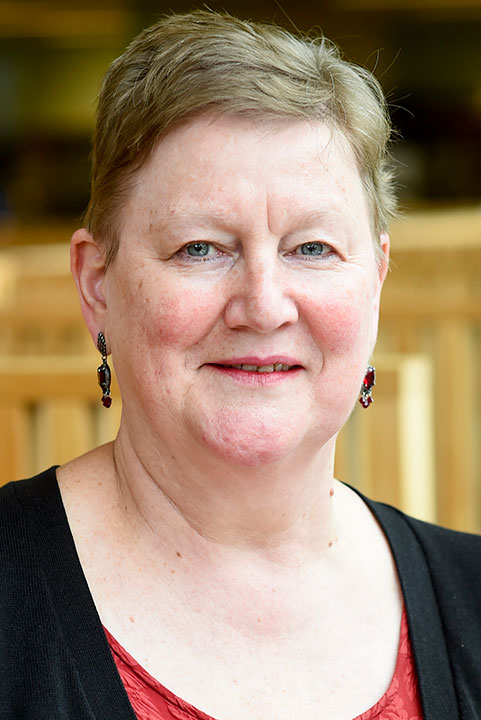
Ria Koopmans-Debruijn
Head of Public Services / East Asian Studies Librarian
- Starr East Asian Library
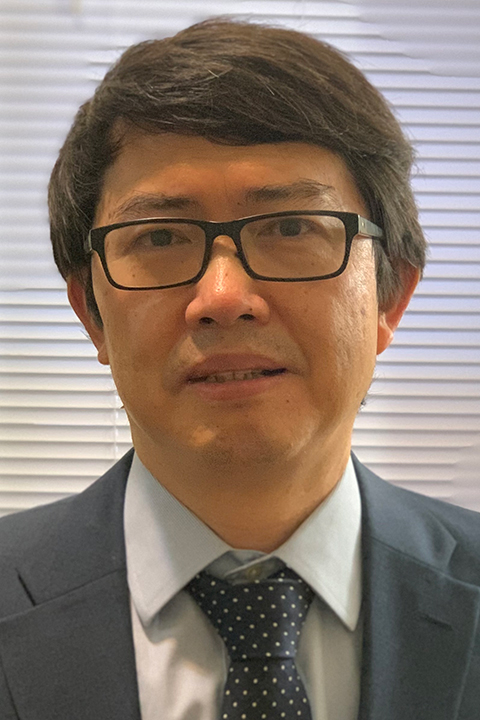
Chengzhi Wang
Chinese Studies Librarian
- Starr East Asian Library
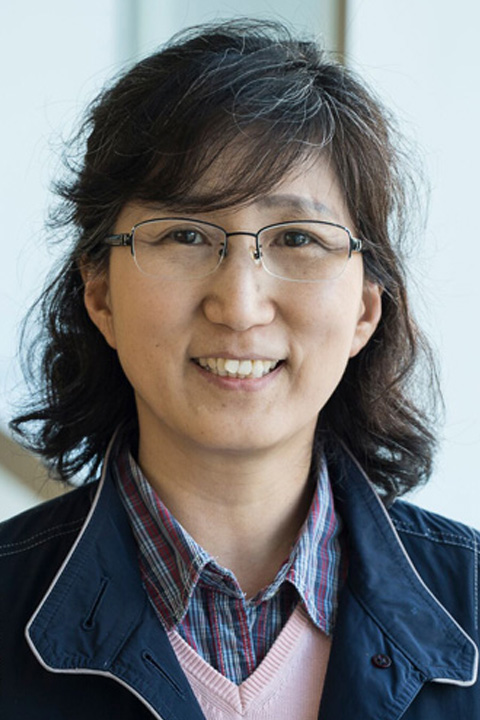
Hee-Sook Shin
Korean Studies Librarian
- Starr East Asian Library
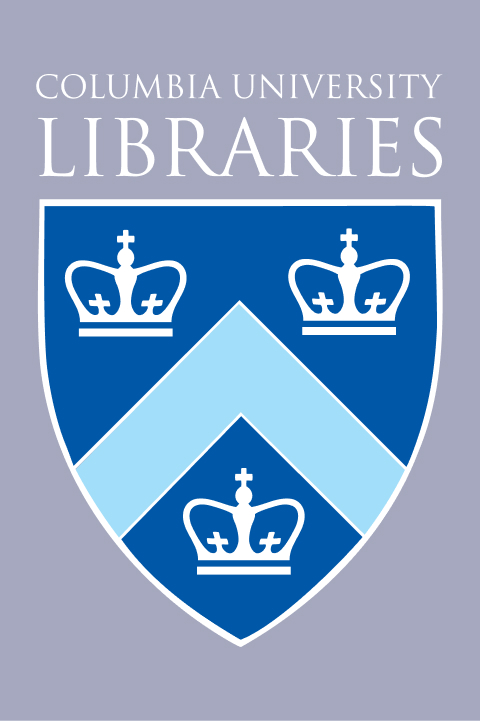
Christine M. Sala
Architecture & Fine Arts Librarian
- Avery Library

John L. Tofanelli
Research Collections & Services Librarian
- Humanities & History
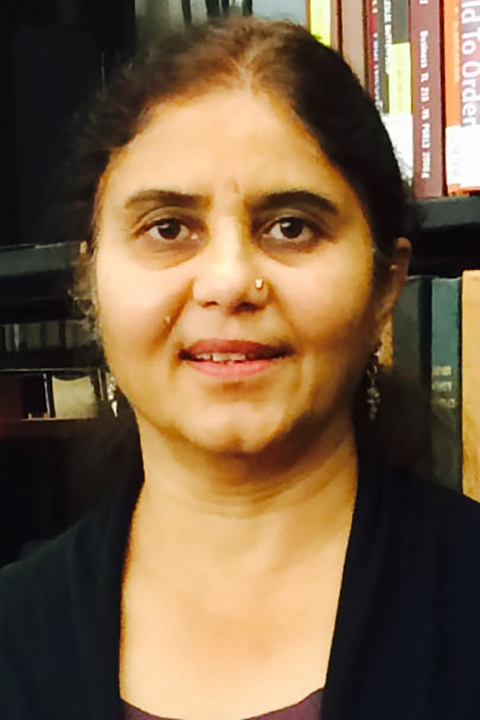
Yasmin Saira
Research Support & Collection Development Librarian
- Science, Engineering, & Social Sciences Libraries
Last updated: April 4, 2019